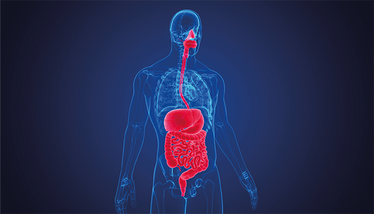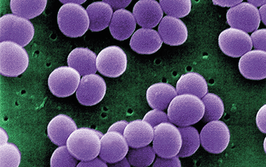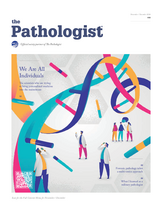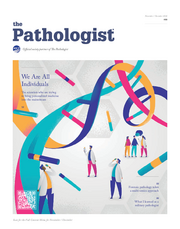AI Versus GI Disease
Artificial intelligence-driven anomaly detection model accurately identifies rare and complex gastrointestinal conditions
Jessica Allerton | | News

Credit: Adobe Stock
A NEJM AI study unveils an artificial intelligence (AI)-based anomaly detection (AD) system capable of high accuracy in identifying rare and complex gastrointestinal (GI) pathologies. Researchers evaluated the AI system using two extensive datasets of GI biopsies from Charité and LMU Munich hospitals, totaling 5,423 slides and 17 million images. The 10 most frequent diagnoses represented 90 percent of cases; the remaining 10 percent comprised 56 rare disease entities, including cancers. Notably, the AI was designed to detect anomalies without specific training on these rare conditions. Using self-supervised learning and outlier exposure, the model learns to recognize common patterns and generalize across tissue types, even detecting rare conditions it hasn't seen before.
The AD system achieved 95 percent accuracy for stomach anomalies and 91 percent for colon anomalies. And it identified cancers with even higher accuracy: 97.7 percent for stomach and 96.9 percent for colon cancers. Additionally, the AI produced heatmaps to highlight anomalous regions on digital whole-slide images, aiding pathologists in pinpointing suspicious tissue areas.
“Doctors can save a lot of time, because normal findings and a certain proportion of the diseases can be automatically diagnosed by AI. This applies to around a quarter to a third of cases,” says Professor Frederick Klauschen, Director of the Institute of Pathology at LMU in the press release. “And in the remaining cases, AI can facilitate case prioritization and reduce missed diagnoses.”
Deputy Editor, The Pathologist




















